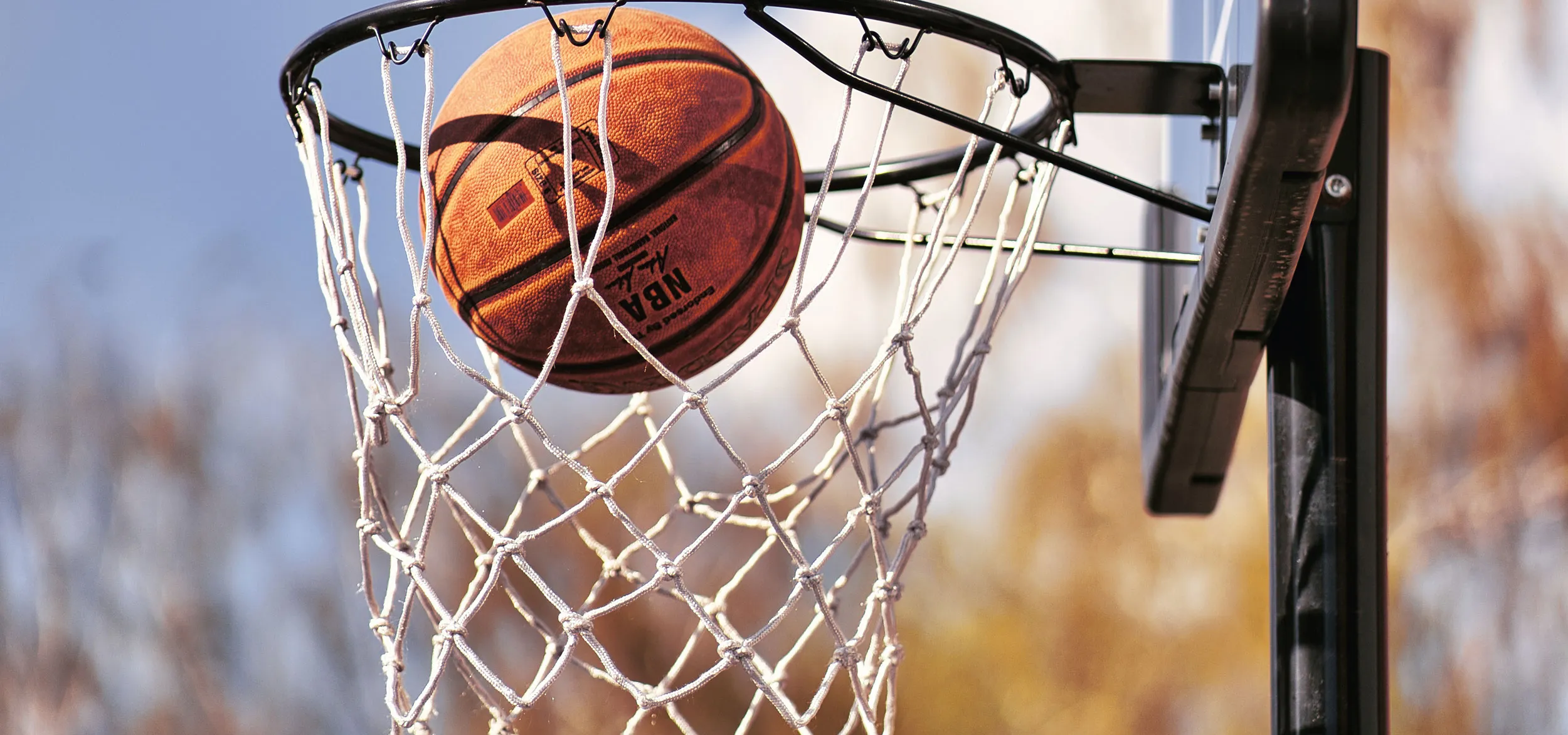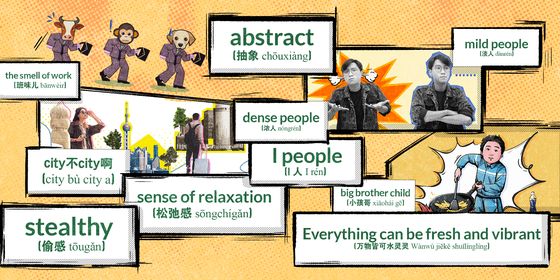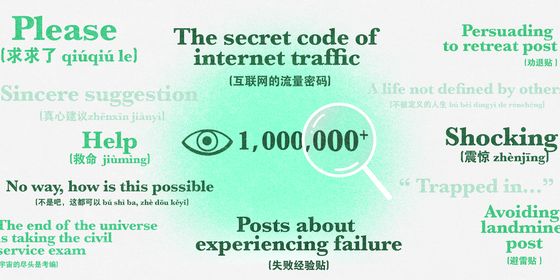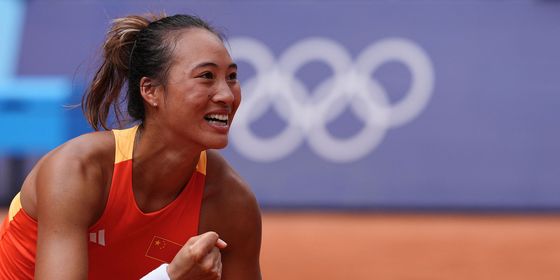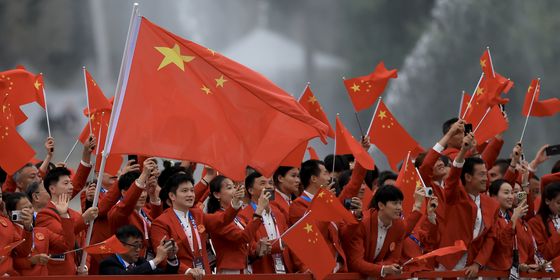Compliments, insults, and boasts for your next pickup game
Basketball is one of the quickest and cheapest ways for city-dwellers to get exercise and make friends today. And with over 300 million practitioners, China has no lack of friendly hoopers to play with—just head over to the nearest basketball court.
However, if you want to fit in, and not just feign interest in the sport, taking the time to learn a few native expressions is a wise investment. To help, here are 8 Chinese basketball-related phrases that go beyond the literal—from idioms to bizarre metaphors to friendly insults:
Give you hot pot to eat 给你吃火锅
In basketball, as in life, sometimes you have to block someone in order to stay ahead. On the courts, saying this expression to your opponent (pronounced as “gěi nǐ chī huǒguō”) is a particularly funny way of sticking it to their face after you swat their shot. Trash-talking, though, is not everyone’s cup of tea, so when using this phrase, make it clear that your purpose is to entertain, not humiliate.
Pull-rod 拉杆
All serious basketball fans know about the Jordan switch-hand layup: The GOAT rises up for a dunk with the right hand, only to switch hands mid-air, and complete a soft left-handed layup. Iconic.
In China, any mid-air movements–be it switching hands or going up and under–is called 拉杆 (Pull-rod, lāgān). Note that the word in spoken language often goes through érhuà, (Suffixation of a nonsyllabic ér to words,“儿化”). So after seeing somebody pull off this move you could say something like:
Wow! That up-and-under was so boss!
Wàsai! Nà lāgān’er tài niú bi le!
哇塞! 那拉杆儿太牛逼了!
Three no touch 三不沾
Besides getting your ankles broken, airballing a shot is every baller’s worst nightmare (unless you’re Kobe Bryant). The sān (“three”, 三) in this expression refers to the three parts of the basketball hoop an airball somehow fails to zhān (“touch”, 沾): backboard, rim, and net. If your teammate fails to hit a game-winning shot, throwing up a cringe-worthy airball, scold them with the following phrase:
You take the buzzer-beater and airball it? You trying to imitate Kobe or something?
Yāshào qiú jūrán tóu gè sān bù zhān? Nǐ zài mófǎng kēbǐ ma?
压哨球居然投个三不沾?你在模仿科比吗?
Chicken pilferer 偷鸡
Derived from the chengyu 偷鸡摸狗 (tōujīmōgǒu, meaning to pilfer or womanize) this expression is often used when feeling exasperated at that inconspicuous-looking old dude who seems to always find a way–no matter how sneaky–to put the ball in the basket. To make your teammates laugh next time this happens, say:
How did that shot go in? This guy is just too crafty!
Zěnme yòu jìn le? Zhège rén zhēn huì tōu jī !
怎么又进了?这个人真会偷鸡!
Thigh 大腿
If it is obvious that one player on the team is the engine, the Mamba who carries the team by himself, then that person will often be called the “thigh,” or dàtuǐ. If you have a teammate who seems to always hit clutch shots, or is simply better than you and everyone else, feel free to pat them on the shoulder and say:
We’re all depending on you, you really are the engine of our team!
Wǒmen dōu zài kào nǐ, nǐ zhēn de shì wǒmen duì de dàtuǐ!
我们都在靠你,你真的是我们队的大腿!
At the same time, weaker players who depend on the star of the team are often criticized for “holding the thigh:”
That dude is completely useless, just holding others’ thigh.
Nà gēmen’er yìdiǎn yòng yě méiyǒu, zhǐ huì bào biérén dàtuǐ.
那哥们一点用也没有,只会抱别人大腿。
Rinse rim 涮筐
“Rinse rim” is what you call those shots that rattle or swirl around the rim of the basket before either going in, which is followed by a sigh of relief, or going out, which leads to much cursing.
If a) try this:
If this shot rattles without going in, I’ll kill myself!
Rúguǒ zhè tóulán shuàn kuāng ér chū, wǒ zhēnde huì zìshā!
如果这投篮涮筐而出,我真的会自杀。
If b) try this:
Oh no! It rattled, how tragic!
Ai-ya! Shuàn kuāng le, hǎo cánrěn!
啊呀!涮筐了,好残忍!
Blue collar 蓝领
Every team, be it professional or amateur, has this player. He’s a defensive monster but an offensive liability. In the spirit of Chinese proletarianism, these kinds of players are called Lánlǐng, which means “blue collar,” a reference to the workers who do tough manual labor that the elites shy away from. If you feel like praising a hard-working player on your team, say:
This dude isn’t much use on offense. He’s our blue-collar worker!
Zhège gēmen’er jìngōng shàng gòngxiàn bù duō, tā shì wǒmen duì de lánlǐng!
这个哥们儿进攻上贡献不多,他是我们队的蓝领!
Divine shooter 神投手
Shooting is one way that a player can make up for a lack of athleticism, so you’re bound to either team up or face some sharpshooters on the court. When this happens, shén tóushǒu (神投手), is a word to describe such a player, be it in warning or praise.
Pay attention to that dude over there, he’s a divine shooter.
Zhùyì yī diǎn’er nàgè gēmen’er, tā shì gè shén tóushǒu.
注意一点儿那个哥们儿,他是个神投手.





